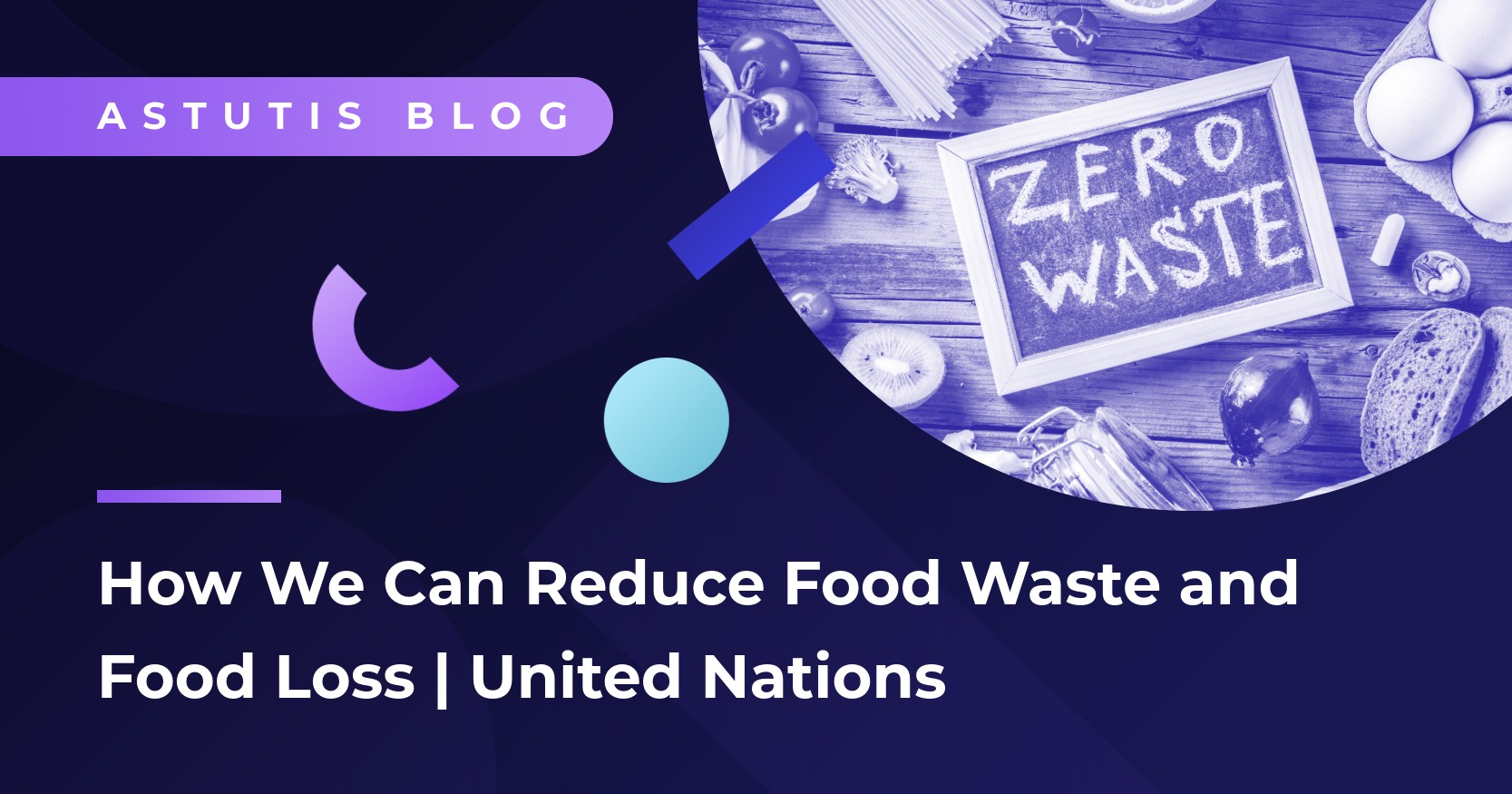2025 Green Skills Gap Concerns in Construction
The construction industry is critical to the development and advancement of the world we live in but continues to fall behind in transitioning to a greener future. It faces immense challenges with a gap in sustainable construction, or "green skills”, especially as economies across the globe set ambitious climate goals. However, the construction green skill shortage can be fixed, provided organisation prioritise a few key solutions.
What Is the Current State of the UK’s Skills Shortage?
The UK is grappling with a significant skills shortage across multiple industries, with construction among the hardest hit. According to the Construction and Building Trades: The Skills Horizon report, an additional 1 million construction workers will be required by 2032 to meet the demands of ongoing and future projects. This shortage is exacerbated by an aging workforce, with 35% of the workforce over the age of 50, and only 20% under 30. Not only that, another report confirms that 59% of firms struggle to recruit staff with modern sustainable building practices.
New workers will also need training in sustainability to keep up with the demands of innovation and increasingly stringent environmental legislation. As the UK aims for net-zero carbon emissions by 2050, the demand for specialised roles in sustainable construction has surged. Positions like renewable energy technicians, and sustainability managers are increasingly sought after. However, there is a severe lack of qualified professionals to fill these roles.
The Green Jobs Taskforce estimated that the UK will need over 480,000 new jobs in green industries by 2030, and the government has pledged to create 400,000 clean energy jobs by 2030. With construction accounting for a substantial proportion of this demand, the sector faces the dual challenge of upskilling its current workforce while attracting new talent.
What Is the Impact of the Construction Industry in Global Emissions?
The construction industry is a major contributor to global greenhouse gas emissions. According to the United Nations Environment Programme (UNEP), the construction and building sector accounts for 37% of global CO2 emissions. These emissions stem from two primary sources:
- Operational Emissions: Generated from the energy used to heat, cool, and power buildings.
- Embodied Carbon: Emissions produced during the manufacturing, transportation, and installation of building materials.
Efforts to reduce emissions often involve transitioning to renewable energy sources, adopting energy-efficient designs, and incorporating sustainable materials like recycled steel or cross-laminated timber. However, achieving these goals requires an appropriately trained workforce equipped with the skills to implement innovative solutions.
Why Should Organisations Invest in Green Skills?
Investing in green skills is not just about meeting regulatory requirements; it’s a strategic move that offers numerous benefits for organisations including:
- Futureproofing the Workforce: With the UK government enforcing stricter energy efficiency standards for buildings, having in-house expertise can ensure compliance and reduce operational costs.
- Improved Competitiveness: Companies with robust green training programs are more likely to win contracts, especially as public and private sectors emphasise ESG (Environmental, Social, and Governance) goals.
- Environmental and Economic Impact: Sustainable practices often lead to long-term cost savings through reduced energy consumption and waste. For example, retrofitting a commercial building with energy-efficient systems can cut energy bills by up to 40%.
- Enhanced Brand Reputation: Demonstrating a commitment to green practices enhances an organisation's reputation, making it more attractive to investors, clients, and employees.
By leveraging the benefits of green skills, organisations set themselves up to be market leaders.
What Are the Challenges for Businesses of Going Green?
Transitioning to greener practices is not without its hurdles. Organisations will encounter some challenges along the way.
Cost of Implementation
Switching to sustainable technologies and materials can be expensive, especially for small and medium-sized enterprises (SMEs). High upfront costs for renewable energy systems or sustainable construction equipment may deter investment. However, the long-term savings will return the investment in time and set organisations up for future success.
Limited Expertise
With the current green skills gap, many organisations are ill-equipped to execute sustainable projects. Lack of expertise in areas can slow progress, which is why it’s vital for organisations to seek the proper environmental training for employees.
Regulatory Complexity
Navigating the myriads of environmental regulations can be daunting. Ensuring compliance requires a deep understanding of both UK-specific laws and international standards. The Future Homes Standard will mandate 75-80% reduction in operational carbon for new homes compared to current standards, making green expertise an absolute must to future proof your organisation.
Thankfully, our ISEP courses, cover many aspects of environmental legislation that apply to both organisations and employees.
Resistance to Change
Cultural resistance within organisations is another barrier. Convincing stakeholders to move away from traditional practices towards sustainable alternatives often requires a significant mindset shift. However, with the proliferation green skills, organisations can turn the tide and create a positive culture around sustainability.
How Does the Construction Industry Need to Change?
The construction industry must undergo a fundamental transformation in order to align with global sustainability goals.
Organisations must seek to prioritise energy-efficient designs and consider lifecycle impacts from the very outset. Embracing innovative technologies like Building Information Modelling (BIM) and prefabrication which will also reduce waste and improve resource efficiency. Renewable energy efficiencies such as electric vehicles and solar panels must also become standard practice.
Finally, training programs focused on green skills are crucial. Workers need expertise in areas like sustainable material sourcing, energy modelling and renewable energy systems.
What Can Construction Businesses Do to Help Close the Gap in Green Skills?
The most effective way to close the gap in green skills is by training the current workforce to become more well-versed in sustainability and the environment. Employees can take a number of different courses depending on their level of responsibility.
Organisations often start by enrolling employees with entry level courses such as the ISEP Foundation Certificate or ISEP Sustainability Skills for the Workforce, as they help to spread awareness of the importance of sustainable practice.
It doesn’t stop there either; organisations should seek to develop their environmental talent by upskilling their workforce even further with more specialised courses.
As an added benefit, when employees see organisations invest in environmental training, they will understand the importance of it in the organisation’s overall strategy. Training existing staff members will also increase retention as employees will feel valued.
Government-funded initiatives, such as the UK’s Lifetime Skills Guarantee, can help offset costs if necessary.
What Courses Does Astutis Offer Which Can Help Train Your Workforce with Green Skills?
Astutis offers a range of courses tailored to equip construction professionals with the knowledge and skills needed to thrive in a sustainable future. Some of the most relevant courses include:
ISEP Sustainability Skills for the Workforce
The perfect course for any organisation looking to build environmental awareness for any role. This course covers the key environmental responsibilities held by organisations and their employees, and also provides some practical examples of how employees can be more sustainable within their role.
ISEP Foundation Certificate in Environmental Management
Designed for beginners, the ISEP Foundation Certificate course covers the fundamentals of environmental management. It’s the perfect entry point for those looking to have a deeper understanding of how their role and organisation impacts the environment.
ISEP Certificate in Environmental Management
The ISEP Certificate in Environmental Management is a fantastic follow-up course for the Foundation Certificate, that is considered to be the quintessential environmental management course that builds upon the previous knowledge learnt whilst also introducing more advanced environmental and sustainability concepts.
Bespoke Green Skills Training
We also offer customised training solutions tailored to the specific needs of construction businesses. Our bespoke training offering ensures maximum relevance and impact.
The construction industry has a vital role in achieving a sustainable future, but the green skills gap poses a significant challenge which we have it our mission to help resolve. By investing in green training, adopting innovative technologies, and fostering a culture of sustainability, the sector can lead the way in reducing global emissions and building a greener world.
We’re here to support your organisation on this journey. Start your environmental training program by browsing our ISEP training course library below.
Environmental Insights

Real Life Stories










